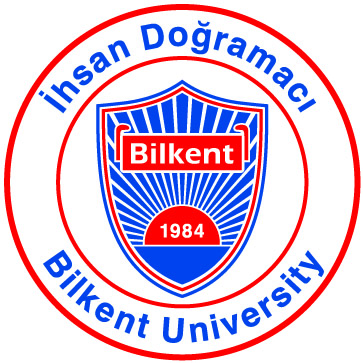Welcome to our Datasets Overview page. Here, you’ll find detailed information on the datasets curated by the Behavioral Education Center at Bilkent University. Each dataset is a result of rigorous research aimed at understanding various aspects of behavior in educational settings. Explore our collections to uncover insights into perspective-taking, curiosity, and adolescent empowerment.
Perspective Taking Study
Related Publication: “Building Social Cohesion in Ethnically Mixed Schools: An Intervention on Perspective Taking” by S.Alan, C. Baysan, M. Gumren and E. Kubilay, Quarterly Journal of Economics, (2021), 136(4), IN MEMORY OF ALBERTO ALESINA (1957-2020).
Purpose: Since the beginning of the Syrian War in 2011, Turkey has received over 3.5 million Syrian refugees, including nearly 1 million children. Syrian refugee children face social exclusion and in-school violence. Socially excluded individuals are less likely to exhibit prosocial attributes. These outcomes may justify even further social exclusion and intergroup violence. This study evaluates a unique educational intervention that aims to facilitate integration.
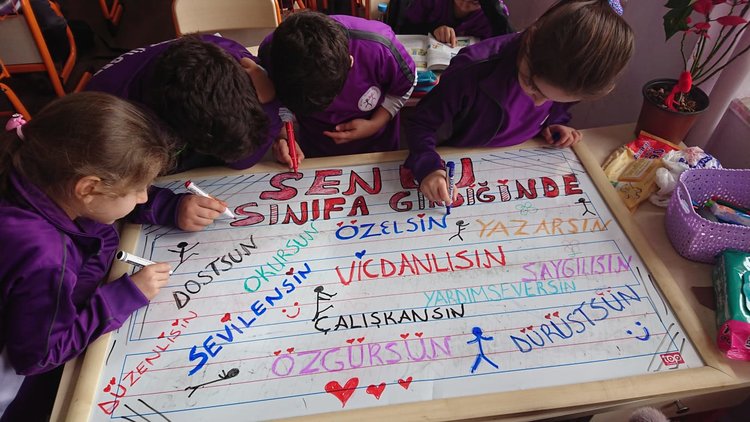
- Location: Şanlıurfa and Mersin, Turkey
- Timeline: November, 2018 – May, 2019
- Target group: Primary school students and teachers
- Sample: 7,000 elementary school children
- Data collection methods: Surveys, tests, incentivized tasks, administrative data
- Access conditions: Local education authority clearance for research proposal and IRB
- Citing the data: Alan-Kubilay Perspective taking dataset
- Policy Briefs/blog posts:
- Skills for Life: Social Skills for Inter-Ethnic Cohesion: Inter-American Development Bank: Policy Brief
- Building Inter-Ethnic Cohesion in Schools: An Intervention on Perspective Taking: J-PAL Review
Curiosity Study
Related Publication: “Nurturing Childhood Curiosity to Enhance Learning: Evidence from a Randomized Pedagogical Intervention”, by S.Alan and I. Mumcu, forthcoming in April 2024, American Economic Review.
Purpose: We evaluate a pedagogical intervention that aims to improve the learning quality of elementary school children by nurturing their curiosity. The pedagogy, aimed primarily at science teaching, was practiced by children’s teachers for an entire academic year. We test the effectiveness of this pedagogy using objective test scores and a novel measure of curiosity. The measure involves first creating a sense of information deprivation, then quantifying the urge to acquire information and the ability to retain information. We find that the intervention increases curiosity, the ability to retain knowledge, and science test scores. The intervention also makes friendship networks a more potent tool to disseminate knowledge within classrooms. Our research design establishes the causal link between the urge to know and deep learning. The results of the paper can help design better pedagogical tools to increase pupil and teacher engagement and the quality of learning worldwide.
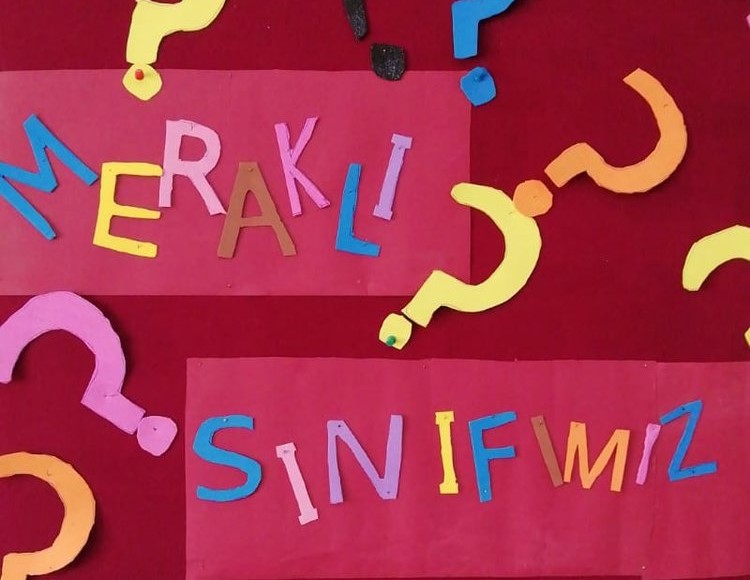
- Location: Şanlıurfa and Mersin, Turkey
- Timeline: November, 2018 – May, 2019
- Target group: Primary school students and teachers
- Sample: 11,000 elementary school children
- Data collection methods: Surveys, tests, incentivized tasks, administrative data
- Access conditions: Local education authority clearance for research proposal and IRB
- Citing the data:
- Policy Briefs/blog posts:
Adolescent Empowerment Study (NEW!)
Related Publication: CEPR Discussion Paper – DP18735: “Empowering Adolescents to Transform Schools: Lessons from a Behavioral Targeting” by S.Alan and E. Kubilay.
Purpose: We test the effectiveness of a behavioral approach designed to empower socioeconomically disadvantaged adolescents. The approach leverages adolescents’ desire for social status and is grounded in the idea that self-persuasion might yield a more robust behavioral change in challenging adolescents than direct lecturing. We enlist socially connected senior students with high emotional intelligence as “student-teachers” and entrust them with delivering an empowerment curriculum to their junior peers. Using randomized variation in program implementation, we show that this indirect targeting empowers targeted adolescents, leading them to improve their social environment. The program reduces disciplinary incidents and anti-social behavior among student-teachers and their friendship networks while fostering supportive network ties between senior and junior students. The program also lowers the tolerance for anti-social behavior, measured by the willingness to destroy unfairly gained payoffs in a third-party punishment game. Our study offers a cost-effective way to help disadvantaged adolescents escape neighborhood disadvantages.
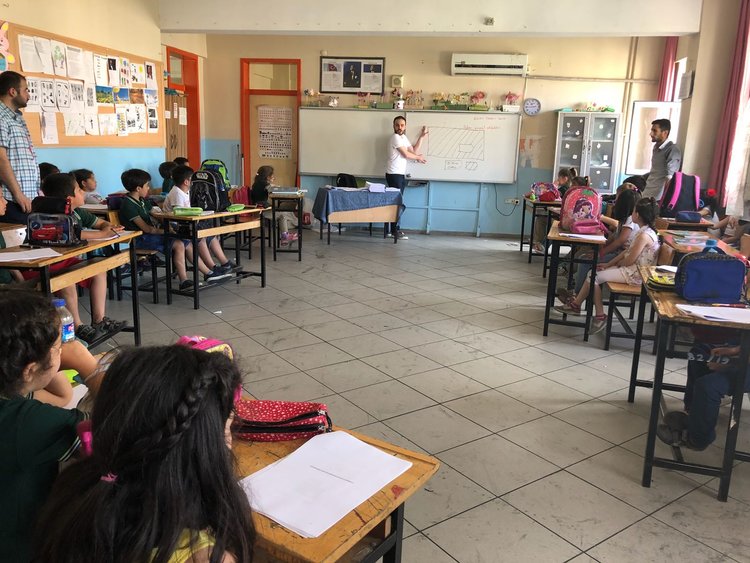
- Location: Diyarbakır, Turkey
- Timeline: October 2021 – June 2023
- Target group: Middle school students
- Sample: 20,000 adolescents
- Data collection methods: Surveys, tests, incentivized tasks, administrative data
- Access conditions: Local education authority clearance for research proposal and IRB
- Citing the data: Alan Adolescent Empowerment Data
- Policy Briefs/blog posts:
Female Leadership and Workplace Climate Project (NEW!)
Related Publication: to be posted soon.
Purpose: Understanding the relational climate and the role of female leadership in large corporations
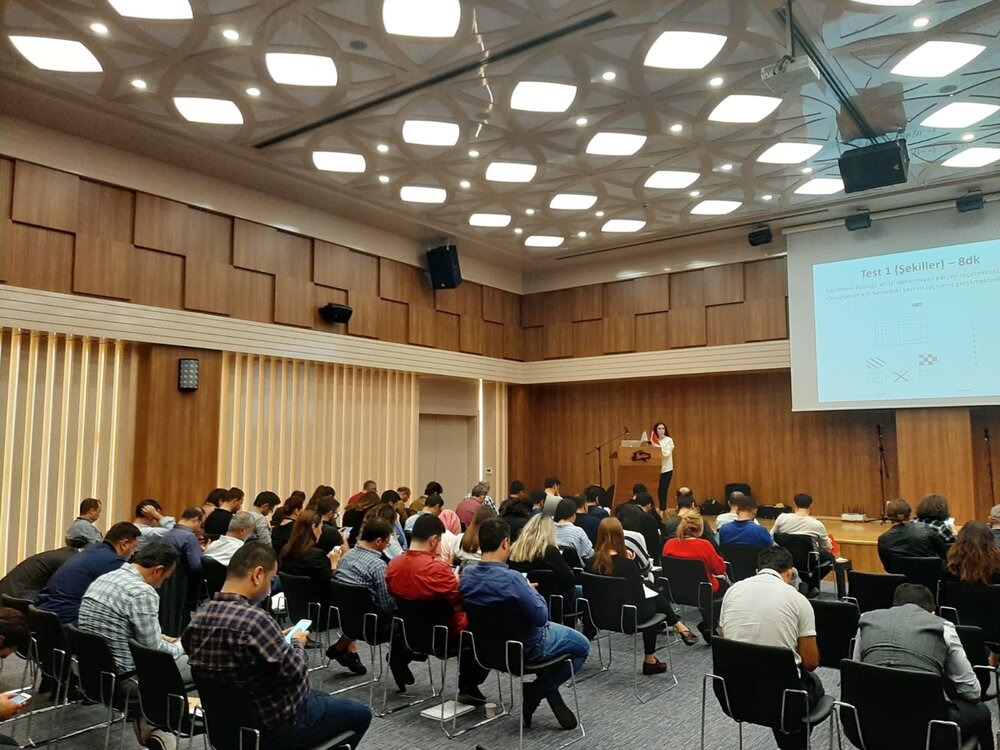
- Location: Türkiye
- Timeline: September 2019 – August 2021
- Target group: White collar employees of large corporations in Türkiye
- Sample: 2,000 employees
- Data collection methods: Surveys, tests, incentivized tasks, administrative data
- Access conditions: Corporations’ clearance for research proposal and IRB
- Citing the data: Alan-Corekcioglu Workplace Climate Data
- Policy Briefs/blog posts:
